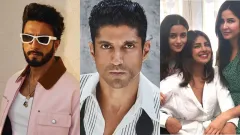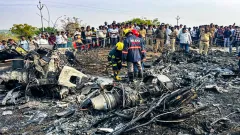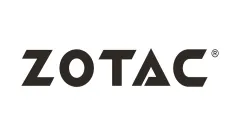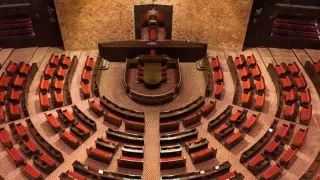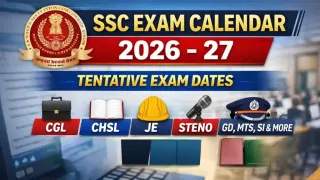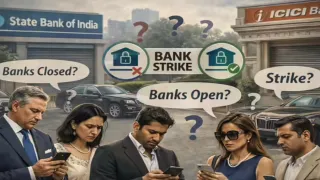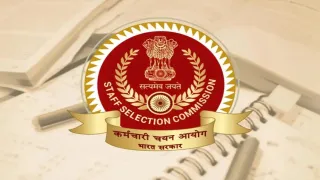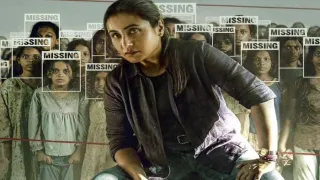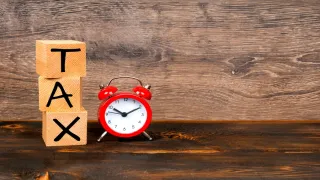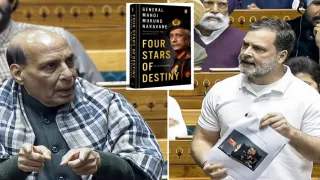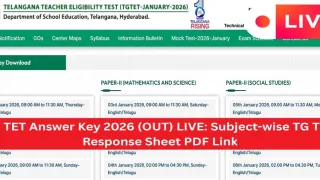Kerala has entered a new era of social and economic progress as Chief Minister Pinarayi Vijayan declared the state “Extreme Poverty Free” during a special address in the Legislative Assembly on Kerala Piravi, the state’s foundation day. The announcement, made under Rule 300, marks a historic milestone in Kerala’s developmental journey, positioning it as the first Indian state to officially eliminate extreme poverty.
The declaration was not merely symbolic—it represented years of planning, coordination, and community-driven efforts that began in 2021. With the Kerala Institute of Local Administration (KILA) leading coordination efforts and thousands of local officials, volunteers, and Kudumbashree workers participating, the initiative stands as a unique example of collective governance. As Vijayan described, this achievement signals “the dawn of a new era” for the people of Kerala, one founded on equality, inclusion, and sustainable welfare.
Vijayan’s announcement drew national attention and mixed political reactions. While his supporters hailed it as proof of Kerala’s strong welfare model, critics questioned the state’s claims. Nonetheless, the declaration symbolizes Kerala’s long-standing commitment to social justice, and it has sparked discussions about replicating the model in other Indian states.
A Landmark Declaration on Kerala Piravi
In his address, Chief Minister Vijayan reflected on Kerala’s historical journey since its formation 69 years ago. He highlighted how the struggles of the Malayali people to form a unified state had now evolved into a struggle for equality and dignity. “This year’s Kerala Piravi is unlike any other,” he said. “It marks the beginning of a new chapter where no family in Kerala lives in extreme poverty.”
The Assembly, which has been the stage for many transformative policies over the decades, became the venue for yet another milestone. Vijayan underscored that the decision to eradicate extreme poverty was among the first made by his cabinet in 2021. The government’s systematic approach, involving the identification of the most vulnerable households and tailored interventions for each, turned the vision into a reality within four years.
The Process of Eradicating Extreme Poverty
The initiative began with identifying families suffering from extreme poverty across Kerala. Within two months of the cabinet’s decision, the government launched a detailed survey led by the Department of Local Self-Government and coordinated by KILA. What made this effort remarkable was its inclusivity—local representatives, MLAs, Kudumbashree workers, volunteers, and NGOs all participated actively.
Pilot projects were first rolled out in the Wadakkanchery Municipality and in the Anchuthengu and Thirunelli Grama Panchayats. These pilots helped refine the process of identification and planning. Each family’s unique situation was assessed, and targeted “micro-plans” were designed to address their immediate and long-term needs. The approach was later expanded statewide, transforming the initiative into one of India’s most ambitious poverty eradication programs.
Micro-Planning and Community Participation
Minister for Parliamentary Affairs M.B. Rajesh explained that more than four lakh people were trained under KILA to identify and assist families living in extreme poverty. After extensive groundwork, the government finalised a list of 64,006 families that met the criteria. Each of these families received a micro-plan, which included short-term relief measures, medium-term income generation initiatives, and long-term development strategies such as education and housing.
Through the implementation of these micro-plans, the government claims to have lifted all 64,006 families out of extreme poverty. This outcome, officials say, was possible only through a combination of government schemes, local governance, and citizen participation. Rajesh also noted that Kerala’s achievement now places it second only to China in eradicating extreme poverty, making it a global example of inclusive governance.
Opposition Reactions and Political Debate
Despite the government’s enthusiasm, the Opposition criticized the announcement. The Leader of the Opposition dismissed the declaration as “irrelevant” and questioned its timing. Vijayan responded sharply, saying the government had fulfilled its promise to the people and that the achievement was being announced in the Assembly to ensure transparency. “This is a historic declaration,” he said. “The Opposition can call it what it wants, but the people know the truth.”
Parliamentary Affairs Minister Rajesh also condemned the Opposition’s decision to boycott the Assembly session on Kerala Piravi Day. He said, “Instead of celebrating this proud moment, the Opposition chose to stay away. History will judge them for their absence on this historic day.”
Criticism from the BJP and Central Government’s Perspective
Kerala BJP President Rajeev Chandrasekhar accused the state government of “mocking the poor” by taking credit for what he called minor improvements. He argued that central government schemes such as PM Garib Kalyan Anna Yojana, PM Awas Yojana, and Jal Jeevan Mission were responsible for lifting millions of Indians, including Keralites, out of poverty. Chandrasekhar pointed to World Bank data from April 2025, which credited Prime Minister Modi’s welfare programs for reducing extreme poverty nationwide.
“The CPM government’s claim of eliminating extreme poverty is propaganda,” Chandrasekhar said. “When ASHA workers and others are still struggling for fair wages, claiming total eradication of extreme poverty is misleading.” The state government, however, stood firm in its position, reiterating that the initiative was home-grown and implemented through grassroots mechanisms unique to Kerala’s decentralized governance model.
The Role of Kudumbashree and Local Governance
At the heart of this initiative was Kudumbashree, Kerala’s globally recognized poverty eradication and women empowerment program. Kudumbashree workers played a critical role in identifying and assisting families, ensuring that interventions were personalized and effective. Their community-level involvement bridged the gap between government policies and people’s real needs.
Local Self-Government Institutions (LSGIs) were also pivotal. Each panchayat and municipality contributed by forming committees, conducting household surveys, and monitoring progress. This decentralized model gave Kerala the ability to act swiftly and efficiently, setting it apart from other states in terms of execution and transparency.
From Policy to Practice: How Kerala Achieved Its Goal
Experts say Kerala’s success lies in its sustained social policies and welfare infrastructure. Decades of investment in public health, education, and women’s empowerment laid the foundation for the state’s resilience. The 2021 cabinet decision simply accelerated what was already a deeply ingrained model of social welfare.
The government’s data-driven approach also helped. Every identified family was tracked through digital databases, ensuring accountability and continuous support. Regular reviews at district and state levels ensured that families did not fall back into poverty once assisted. This focus on sustainability ensures that Kerala’s success story continues beyond the initial declaration.
Significance for India and the Global Community
Kerala’s announcement has drawn international attention. Economists and policy analysts are studying the model as a potential blueprint for other regions seeking to address poverty through decentralized, participatory governance. The achievement also reinforces India’s progress toward the United Nations Sustainable Development Goal of eradicating extreme poverty by 2030.
Beyond the numbers, the declaration has symbolic value. It showcases how consistent investment in human development and inclusive governance can yield transformative outcomes. Kerala’s model—built on the pillars of education, healthcare, and local participation—has long been admired, and this milestone further strengthens its reputation as a leader in social welfare.
The Road Ahead: Sustaining the Achievement
Chief Minister Vijayan concluded his Assembly address with a forward-looking message, emphasizing that the government’s focus would now shift toward sustaining this achievement. “We have fulfilled a major promise to our people,” he said. “Now our responsibility is to ensure that no one falls back into poverty and that every citizen enjoys a dignified life.”
To achieve this, the government plans to continue monitoring vulnerable families and strengthening welfare systems. Continuous public participation, regular assessments, and transparent governance will be essential in maintaining Kerala’s “extreme poverty free” status. As the Chief Minister noted, the declaration is not an end but a beginning—a new era for Kerala built on the foundation of equality, compassion, and progress.
Also Read: India, US Ink 10-Year Defence Pact: What’s Behind the Deal






